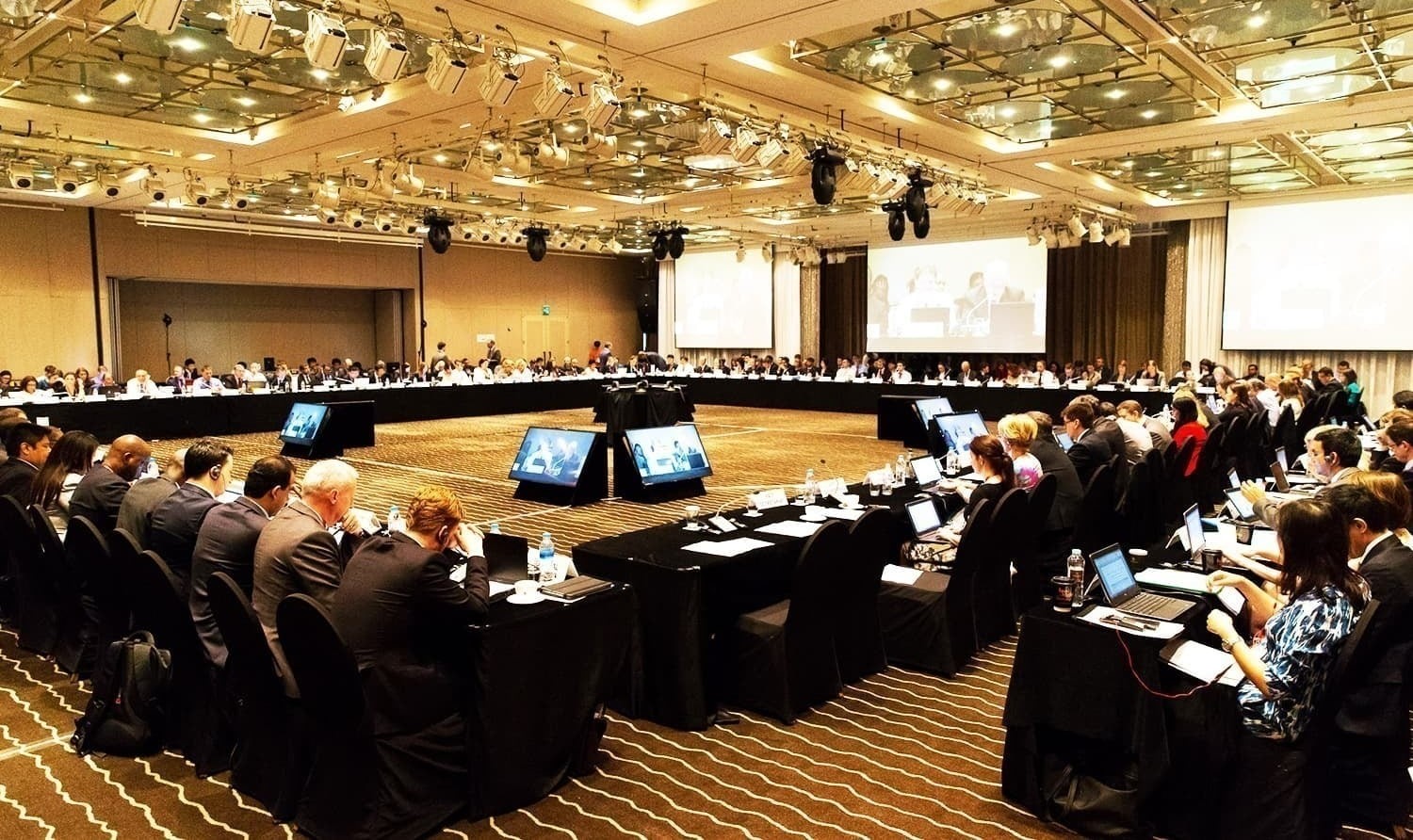FATF expresses satisfaction over Pakistan’s measures, demands tightening of laws

ISLAMABAD: The Financial Action Task Force (FATF), expressing its satisfaction over the measures taken by Pakistan to curb terror financing, further demanded to further tighten its laws to bring individuals involved in money laundering and terror financing to task.
The five-day plenary session of the FATF is being held in Paris to review the progress made by Pakistan towards implementation of its 27-point action plan. The meeting will continue until February 21.
“It’s too early for Pakistan to be removed from the grey list — that will be decided at a meeting later in the year,” says Michael Kugelman, a scholar of South Asian affairs at the Woodrow Wilson Center, Washington.
“What is clear to me is that Pakistan will not be blacklisted.”
But Uzair Younus, a non-resident fellow at the Atlantic Council, Washington, says “indications are that Pakistan will probably be off the grey list in the coming months, if not weeks”. This, he argues, “will allow financial capital flows to grow further, which is good for the economy, at least in the short term”, said the scholar at a recent seminar on Pakistan at the US Institute of Peace, Washington.
The FATF required that Pakistan improve its prosecution system by handing down stricter punishments and penalties to the facilitators of terror financing.
Citing the conviction of Hafiz Saeed, the Pakistani officials said that the judicial system in the country was fully independent and the courts were taking decisions on merit, which were being implemented.
Last week, an anti-terrorism court in Lahore convicted Jamatud Dawa leader Hafiz Saeed in two terror-financing cases.
He was slapped with a prison sentence of five-and-a-half years and a fine of Rs15,000 in each case.
One of his close aides also received the same sentence on the same charges.
According to sources, Pakistani officials informed the meeting that the menace of money laundering and terror financing had been controlled to a greater extent by implementation on the FATF action plan.
FATF meets to decide Pakistan’s fate
The meeting was informed that 14 points out of 27 had been fully complied with, 11 were partially implemented, while implementation on two points was not possible.
The Pakistani officials said that amendments were being introduced in laws to improve the prosecution system for which the standing committee concerned had also given the approval.
The FATF is an intergovernmental organisation founded in 1989 on the initiative of the G7 to develop policies for combating money laundering.
In 2001, its mandate was expanded to include terrorism financing.
It monitors progress in implementing the FATF recommendations through mutual evaluations of member countries.






